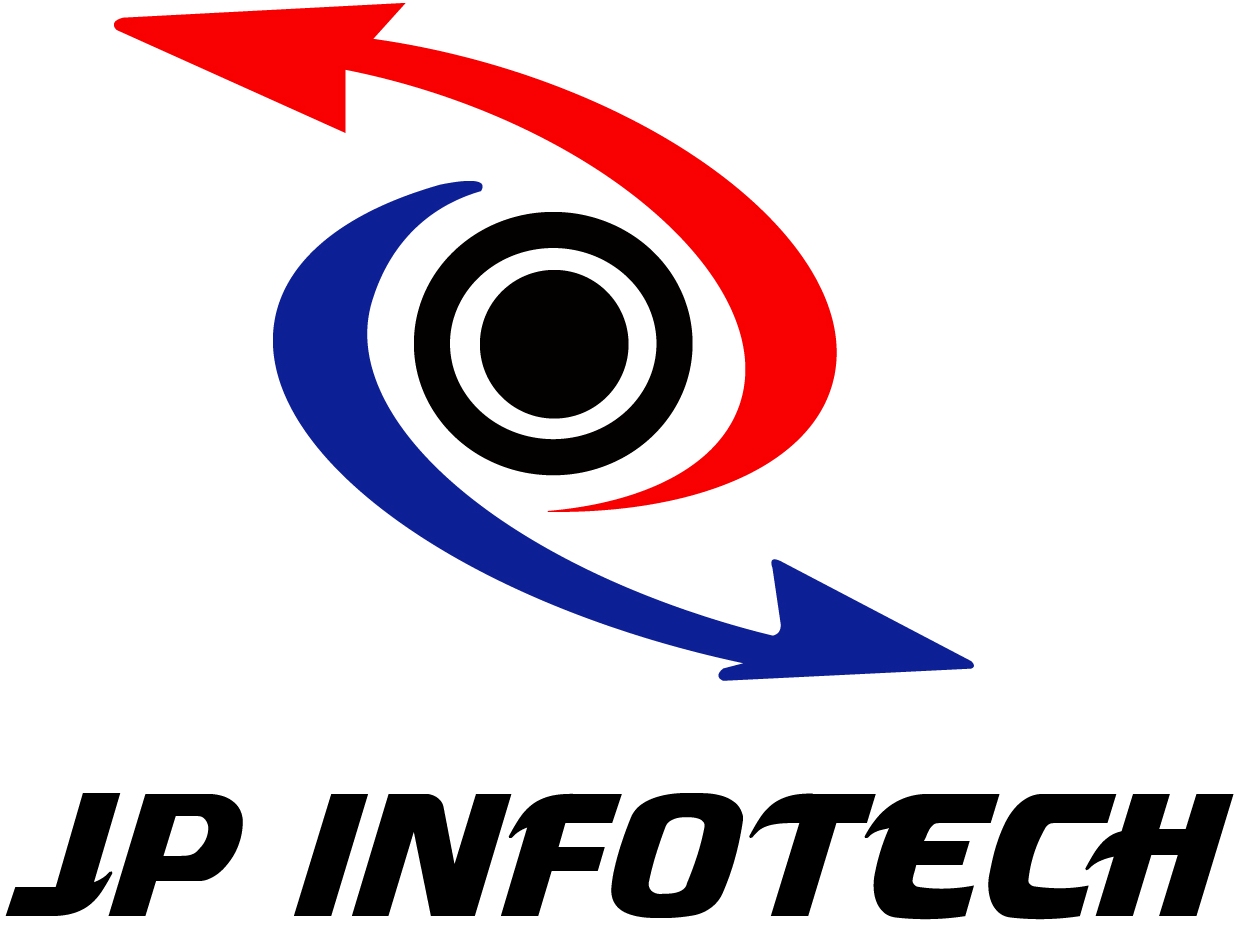A Hybrid Cloud Approach for Secure Authorized Deduplication
ABSTRACT:
Data
deduplication is one of important data compression techniques for eliminating
duplicate copies of repeating data, and has been widely used in cloud storage
to reduce the amount of storage space and save bandwidth. To protect the
confidentiality of sensitive data while supporting deduplication, the
convergent encryption technique has been proposed to encrypt the data before
outsourcing. To better protect data security, this paper makes the first
attempt to formally address the problem of authorized data deduplication.
Different from traditional deduplication systems, the differential privileges
of users are further considered in duplicate check besides the data itself. We
also present several new deduplication constructions supporting authorized
duplicate check in a hybrid cloud architecture. Security analysis demonstrates
that our scheme is secure in terms of the definitions specified in the proposed
security model. As a proof of concept, we implement a prototype of our proposed
authorized duplicate check scheme and conduct testbed experiments using our
prototype. We show that our proposed authorized duplicate check scheme incurs
minimal overhead compared to normal operations.
EXISTING SYSTEM:
Ø Data deduplication systems, the private cloud is involved
as a proxy to allow data owner/users to securely perform duplicate check with
differential privileges.
Ø Such architecture is practical and has attracted much
attention from researchers.
Ø The data owners only outsource their data storage by
utilizing public cloud while the data operation is managed in private cloud.
DISADVANTAGES
OF EXISTING SYSTEM:
Ø Traditional encryption, while providing data
confidentiality, is incompatible with data deduplication.
Ø Identical data copies of different users will lead to
different ciphertexts, making deduplication impossible.
PROPOSED SYSTEM:
In this paper, we
enhance our system in security. Specifically, we present an advanced scheme to support
stronger security by encrypting the file with differential privilege keys. In
this way, the users without corresponding privileges cannot perform the
duplicate check. Furthermore, such unauthorized users cannot decrypt the cipher
text even collude with the S-CSP. Security analysis demonstrates that our
system is secure in terms of the definitions specified in the proposed security
model.
ADVANTAGES
OF PROPOSED SYSTEM:
Ø The user is only allowed to perform the duplicate
check for files marked with the corresponding privileges.
Ø We present an advanced scheme to support stronger
security by encrypting the file with differential privilege keys.
Ø Reduce the storage size of the tags for integrity
check. To enhance the security of deduplication and protect the data confidentiality,
SYSTEM
ARCHITECTURE:
SYSTEM
REQUIREMENTS:
HARDWARE REQUIREMENTS:
Ø
System : Pentium IV 2.4 GHz.
Ø
Hard Disk :
40 GB.
Ø
Floppy Drive : 1.44
Mb.
Ø
Monitor : 15
VGA Colour.
Ø
Mouse :
Logitech.
Ø Ram : 512 Mb.
SOFTWARE REQUIREMENTS:
Ø Operating system : Windows
XP/7.
Ø Coding Language : JAVA/J2EE
Ø IDE : Netbeans 7.4
Ø Database : MYSQL
REFERENCE:
Jin Li, Yan Kit
Li, Xiaofeng Chen, Patrick P. C. Lee, Wenjing Lou,“A Hybrid Cloud Approach
for Secure Authorized Deduplication”,IEEE Transactions on Parallel and
Distributed Systems.
To get this project in ONLINE or through TRAINING Sessions,
Contact:JP INFOTECH, Old No.31, New No.86, 1st Floor, 1st Avenue, Ashok Pillar, Chennai -83.
Landmark: Next to Kotak Mahendra Bank.
Pondicherry Office: JP INFOTECH, #45, Kamaraj Salai, Thattanchavady, Puducherry -9.
Landmark: Next to VVP Nagar Arch.
Landmark: Next to Kotak Mahendra Bank.
Pondicherry Office: JP INFOTECH, #45, Kamaraj Salai, Thattanchavady, Puducherry -9.
Landmark: Next to VVP Nagar Arch.
Mobile: (0) 9952649690 , Email: jpinfotechprojects@gmail.com, web: www.jpinfotech.org
Blog: www.jpinfotech.blogspot.com




